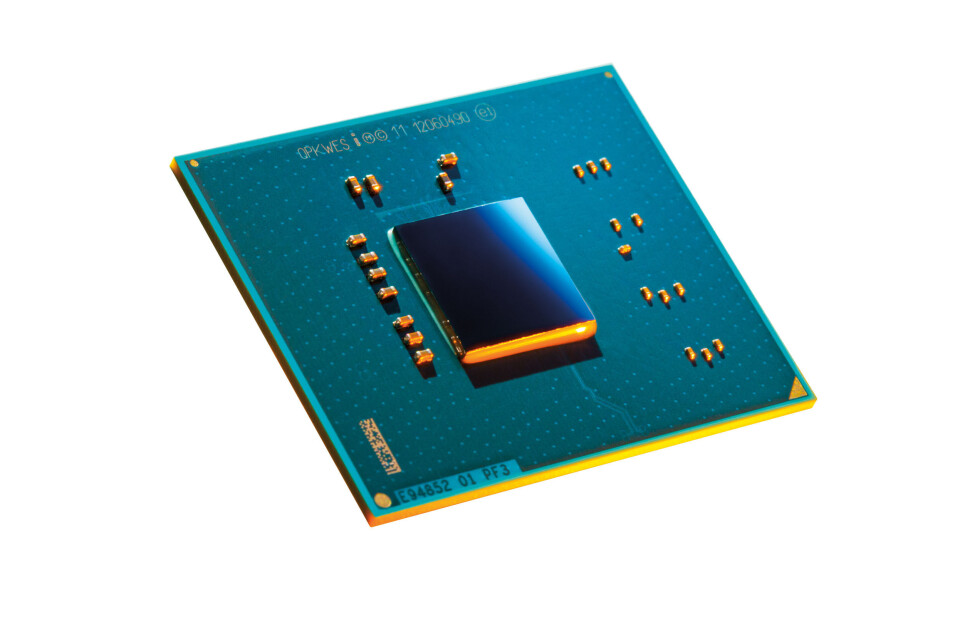
ARM pact will help Intel woo Apple into new chip deal
IDG NEWS SERVICE: The deal with ARM will boost Intel's custom-manufacturing business.
The chances of Apple using Intel's factories to manufacture iPhone and iPad chips have just rocketed upward.
Intel on Tuesday expanded its custom manufacturing business so it can fabricate chips based on ARM architecture.
Apple's cutting-edge A-series chips, used in the iPhone and iPad, are based on ARM architecture. Intel will provide state-of-the-art manufacturing capabilities with the 10-nanometer process, and that could be attractive to Apple.
The deal between ARM and Intel increases the chances that Apple would run their products through Intel, said Patrick Moorhead, principal analyst at Moor Insights and Strategy.
"Intel has improved on their methods, tools, and willingness to work with companies on big volumes. Intel needs to prove that Apple needs to come to them to be competitive and that first chance will be on Intel 10-nanometers," Moorhead said.
Apple is already rumored to be using Intel's modems in its upcoming smartphones. The expansion of Intel's custom manufacturing business should help keep its factories busy, which has not been the case lately, with PC and mobile chip shipments declining.
"Intel hasn't looked like it has been serious, they haven't been willing to customize [the manufacturing process] and go after mobile products. This could make them more attractive," said Jim McGregor, principal analyst at Tirias Research.
Intel's first 10-nanometer chips will start shipping next year. Production of chips based on the ARM designs is slated for the fourth quarter of 2017, ARM said in an email.
ARM-based chips from companies like Qualcomm, Mediatek and Allwinner are used in most mobile devices today, and ship in massive volumes. Those companies could approach Intel for their manufacturing needs.
A crucial part of the deal with Intel is ARM's decision to open up its Artisan intellectual property, which provides the key building blocks for Intel to manufacture the chips. Intel will also be able to make parts using the latest 64-bit ARMv8 architecture.
ARM chips today are mostly fabricated in the factories of Samsung, GlobalFoundries or Taiwan Semiconductor Manufacturing Co. (TSMC), all of which are edging closer to Intel in manufacturing, but haven't caught up yet. Intel's a generation ahead in some technologies, like 3D transistors.
Intel historically used its foundries to make its own chips. It opened the doors to contract-chip manufacturing in 2010 and is now making chips for companies like LG, Achronix and Netronome, with a focus on FPGAs (field-programmable gate arrays).
ARM and Intel haven't always seen eye-to-eye on chip technology, so the deal is a sign that the companies are mending differences. Intel has quit making processors for smartphones as it changes business priorities, leaving ARM as virtually the only player in the market. In July, Softbank announced it was buying ARM for $32 billion, which could intensify the rivalry with Intel in servers and IoT markets in the coming years.






















